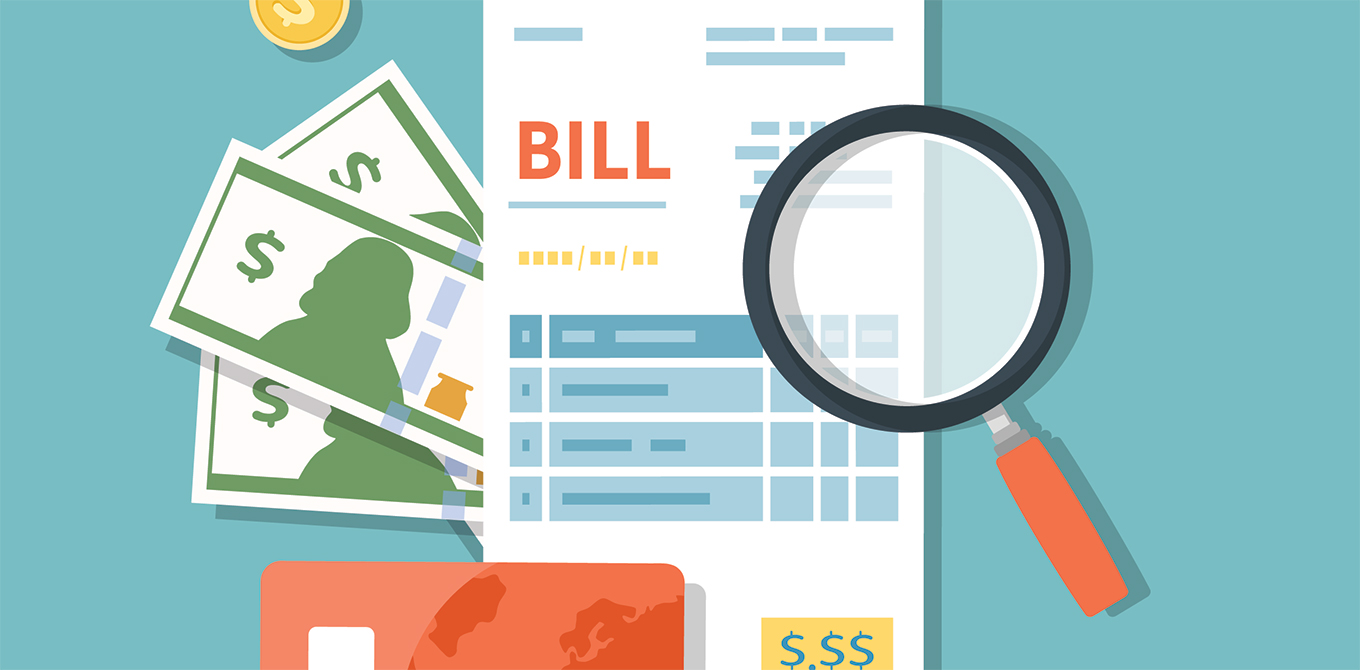5 things you should know about student loan forgiveness
For many who carry education debt, the introduction of the Student Debt Relief Plan in 2022 was welcome news. The goal of the policy is to provide financial relief for student loan borrowers who may have been negatively impacted by their borrowing experience.
Since the status of student loan forgiveness remains in the air, the Biden Administration has extended the student loan payment pause until the Supreme Court makes a ruling.
If forgiveness is implemented or the litigation is resolved, borrowers will have 60 days after that before their payments resume. If not, the pause will last until June 30, 2023, and borrowers will have 60 days after that before their payments restart.
For borrowers considering submitting a request for student loan forgiveness, here are five developments that may impact a future forgiveness request.
1. Changing Eligibility Requirements
Whenever a significant piece of legislation is enacted, it's almost guaranteed that there will be changes to the original law. These changes could include narrowing the scope of the bill, addressing unexpected negative outcomes that weren't anticipated during the initial crafting of the bill, or adjusting the cost of implementing the law.
Here is a short list of well-known legislation that has been adjusted since originally passed. It's safe to assume that the current Student Loan Forgiveness Policy will experience similar adjustments and additions in the future.
- Social Security-Passed in 1935, it continues to have significant adjustments to its original design. One of those changes was the addition of Medicare in 1965.
- The Affordable Care Act-Passed in 2010, the goal of this legislation was to make healthcare and access to care more affordable. Similar to the other two examples, the ACA has undergone numerous changes since it passed. Most notable is the Inflation Reduction Act passed in 2022. One goal of the act is to extend subsidies that help lower the cost of health care plans purchased by consumers.
2. Changing State Laws
Where you live may impact your student loan forgiveness request due to changes to state laws. State legislatures may decide to pass laws that expand or prohibit the full scope of the law in its current design. In fact, several states have laws that will make forgiven student loans a taxable event. It's unclear what other types of legislation could be introduced to monitor aspects of the policy related to how it is applied, who is eligible and other concerns that may be addressed via litigation.
3. Unexpected Legal Action
In the fall of 2022, student loan discharges were paused due to legal challenges. Several lawsuits have been filed which question the validity of the Student Loan Forgiveness program. Six states (Arkansas, Iowa, Kansas, Missouri, Nebraska and South Carolina) filed litigation to block the policy, which temporarily paused the program. It's possible that more lawsuits may be filed in the future as other individuals or entities protest the implementation of the program or supporters continue working to have the legislation codified permanently.
4. Lack of Program Clarity
Often these massive programs can be confusing to understand when they're first passed. Questions abound as to who is eligible to participate in the program. Some borrowers may find that their loans were forgiven as a result of the Biden Administration retroactively reviewing for-profit educational institutions, their lending practices, and whether or not those institutions may have participated in practices that may have harmed customers.
In order to work through the layers of the program, it's helpful to keep information about the program organized. Refer to the Federal Student Aid website in addition to communicating with the current administrator of your student loans. Make notes of important dates, documentation and resources that will help you manage the process.
5. Administrative Challenges
There are large companies that service the management of some student loans on behalf of the Federal Government. One of the challenges with these loan servicing agreements is that they can change hands from time to time. By the end of 2022, Navient, a student loan servicer, will no longer service federal student loan programs.
This change can create some confusion around previous agreements around forbearance requests, payment agreements or issues connected to their repayments. Borrowers should make copies of all their documentation prior to a change in loan servicing to avoid problems with their loans during the transition period.
It's important to note that you shouldn't be afraid of these unexpected issues cropping up and avoid the financial stress that they can create. Instead, it's helpful to know what to anticipate so that you can address any problems that may come up as you make your student loan forgiveness request.




